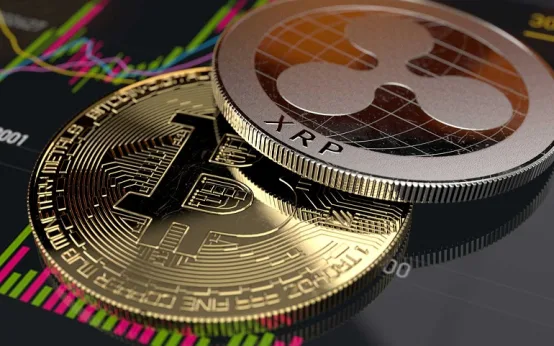
In recent years, conversations about global currency power have intensified, and in 2025, a new idea is gaining ground — the possibility of a joint currency developed by the BRICS nations. As Brazil, Russia, India, China, and South Africa strengthen economic ties, they’re exploring ways to reduce reliance on the U.S. dollar. For investors in the UK, this proposal could have far-reaching consequences for global finance, trade flows, and portfolio strategy.
In 2025, discussions around a unified BRICS currency have gained traction, with some analysts speculating it could one day challenge the dominance of the dollar. For investors in the UK, this development raises key questions: How realistic is the proposal? What would a BRICS currency mean for global markets? And should this influence your investment outlook?
Why the BRICS Are Pushing for Currency Reform
At the heart of the BRICS currency idea lies a desire to reduce dependency on the dollar-based financial system. Many member nations have grown increasingly wary of how dollar dominance can translate into political and economic leverage for the United States. Sanctions, capital flow restrictions, and interest rate policies decided in Washington often have ripple effects far beyond American borders.
The BRICS countries represent over 40% of the global population and a growing share of global GDP. Their economic influence is undeniable — but they remain heavily reliant on the dollar for trade settlements, particularly in commodities and energy.
Creating a shared currency could, in theory, offer several benefits:
- Enhanced trade autonomy among member nations
- Protection from U.S. sanctions and financial surveillance
- Strengthened geopolitical bargaining power on the global stage
However, turning this concept into reality presents major challenges.
The Obstacles to a Unified BRICS Currency
Despite bold rhetoric, several hurdles make the creation of a functioning BRICS currency complex.
First, the economies involved are highly diverse — in terms of structure, governance, and economic priorities. While China’s economy is export-driven and centrally managed, Brazil operates within a more market-based framework. Aligning these models under a single monetary policy would be difficult.
Second, there’s a lack of political cohesion. The BRICS bloc, though united in scepticism of Western influence, does not share a common political system or long-term strategic vision. Without trust and coordination, a shared currency would likely suffer from instability.
Lastly, a successful global currency requires deep and liquid financial markets, as well as international confidence. At present, none of the BRICS nations offer this to the extent the U.S. does.
How the BRICS Currency Could Affect Global Finance
If a BRICS currency were launched — even in digital or trade-settlement form — its impact on global finance could be significant over time. While it’s unlikely to displace the dollar immediately, it could gradually chip away at its dominance in certain sectors.
Possible long-term implications include:
- Diversified reserves: Central banks may begin holding BRICS currency as part of their reserves.
- Shift in oil trade: Energy exporters within BRICS might start accepting payment in the new currency.
- Currency blocs: Other emerging economies may align with BRICS, creating an alternative economic sphere.
However, in the short term, such changes would be symbolic more than structural.
What UK Investors Should Watch
While the prospect of a BRICS currency doesn’t warrant immediate portfolio overhaul, UK investors would be wise to monitor developments. A serious move towards currency reform among BRICS nations could shift global capital flows, affect commodity pricing, and trigger FX market volatility.
Here are a few actions investors can take:
- Track emerging market exposure: Companies with deep BRICS ties may benefit from regional strengthening, or suffer from geopolitical friction.
- Watch commodities: If the BRICS currency is tied to resources like oil or gold, it may impact pricing and hedging strategies.
- Review FX positions: Those holding U.S. dollar assets should be aware of long-term diversification trends.
The pound remains relatively stable, but ripple effects from global currency shifts could subtly influence UK markets.
Final Word: Speculation or Structural Shift?
For now, the idea of a BRICS currency remains more of a geopolitical statement than a financial reality. While the desire to challenge U.S. dollar hegemony is strong, the practical and political foundations for a rival currency are still weak.
That said, the mere discussion of alternatives signals a global appetite for change. As multipolarity in the global economy becomes more pronounced, the era of unquestioned dollar dominance may be nearing its end — not through collapse, but through gradual evolution.
For UK investors, staying informed about these macro-level shifts is vital. Even if the BRICS currency never materialises fully, the momentum it represents could reshape how value, trust, and trade are defined in the years to come.

 How to Avoid Credit Card Debt in the UK
How to Avoid Credit Card Debt in the UK  Is Solana the Next Ethereum? Exploring Its Potential
Is Solana the Next Ethereum? Exploring Its Potential  Inflation vs. Recession: Impact on Your Wallet Revealed
Inflation vs. Recession: Impact on Your Wallet Revealed